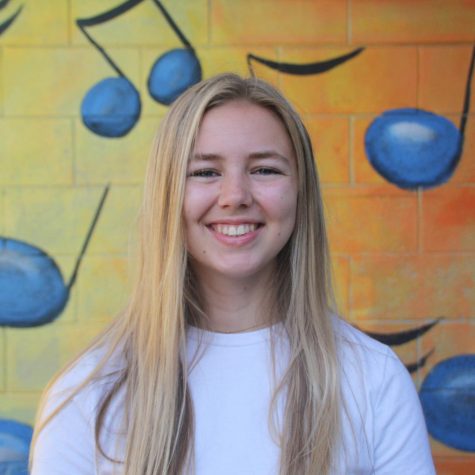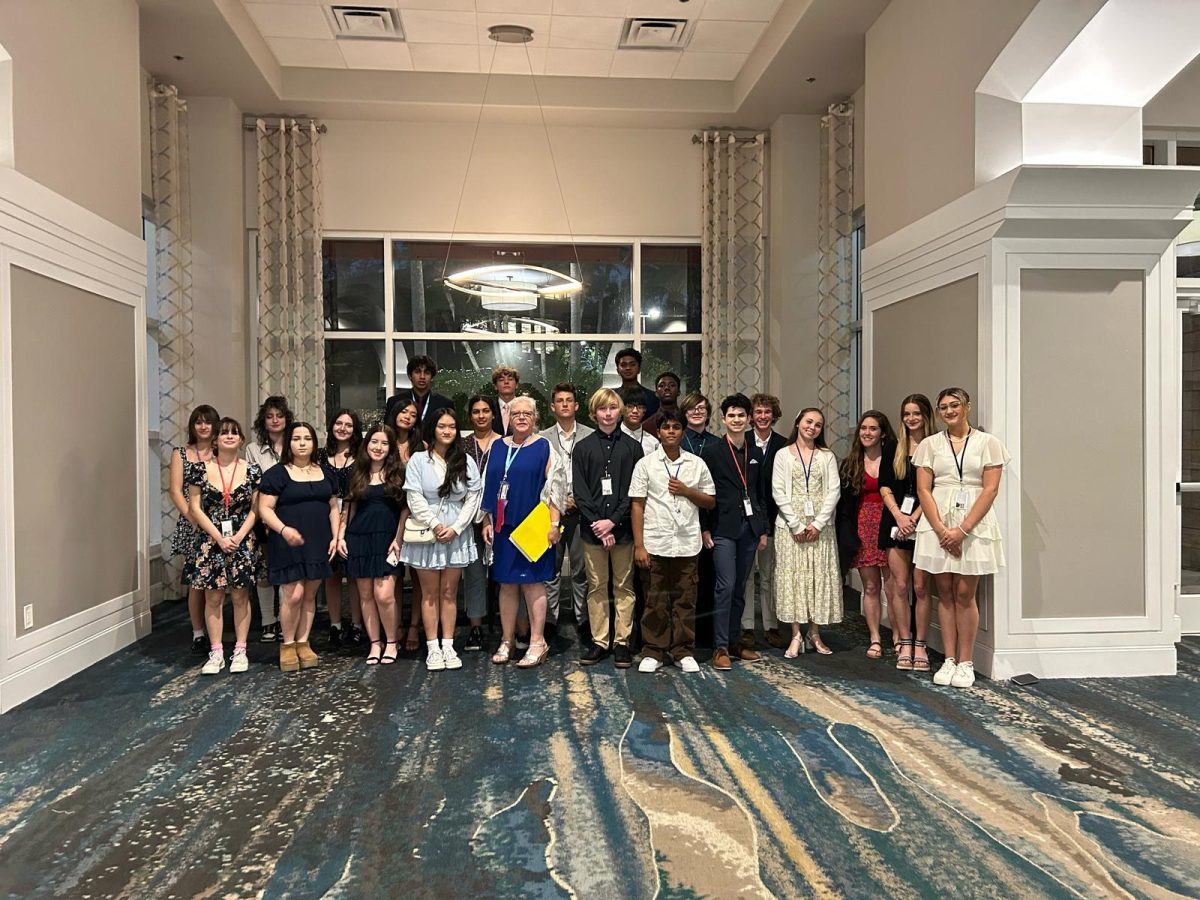Public school policy on sex-ed
School districts in Florida determine their own sex-ed policies, as long as they talk about abstinence.
Photo M. Brazier
This is a photo illustration incorporating a Banana, which is commonly associated with sex-ed tools.
February 19, 2020
In Florida, each school district determines its own guidelines for sex-education in public schools, giving them freedom to decide how detailed they want to be, but with the requirement that they stress abstinence. Hillsborough County is one of 15 counties in the state that teaches a comprehensive sex-education, meaning students also learn about safe-sex practices during classes, not just abstinence. Here are links to Hillsborough County’s health education policies and topics covered.
In November of 2019, five high schools and eight middle schools in Hillsborough county were introduced with an updated sex-ed curriculum that aimed to be more comprehensive, discussing sexually transmitted diseases, contraceptives, pregnancy and consent in addition to abstinence. Robinson is not one of those schools.
“Generally [sex-ed] is the biology, its the teaching of the reproductive system and then in HOPE they go into a little more detail talking about sexually transmitted diseases and things like that,” said Jennifer Rosage, Robinson’s Assistant Principal for Curriculum. “IB doesn’t have it in their curriculum anywhere except for in biology, those rules are controlled by an international committee…they would stay away from issues that certain cultures might find very touchy.”
According to the Center for Disease Control, 40 percent of teens have reported being sexually active. Abstinence based courses are shown to prevent six in 10 students from having sex, leaving this 40 percent of already sexually active students to engage in sexual activities without comprehensive knowledge. The American School Health Association states that fifty percent of sexually active people will contract an STI. The majority of these fifty percent are between the ages of 15 and 24.
“I don’t think they go into [sex-ed] enough for you guys,” biology teacher Diana Marazzo said. “Education leads to you making good decisions about keeping yourself safe, not having somebody say ‘don’t do it, don’t do it’, that doesn’t work…you let people know about STDs and safe sex, its not encouraging them to have sex but when that time comes then they know what the right avenues are or what they should be thinking about…that’s why I put it into my curriculum, that’s why I throw it into the bio curriculum, it’s not in there but I do it anyway.”
Correction to the Knight Writers Sex-Education Editorial: In the editorial published in our print paper, we state that in Florida any sex-ed lessons have an abstinence only policy and that they only teach not to have sex, not about safe sex practices. While that is true for some districts who choose an abstinence only approach, that is not true for all schools in Florida, including Hillsborough county. We apologize for this mistake.











